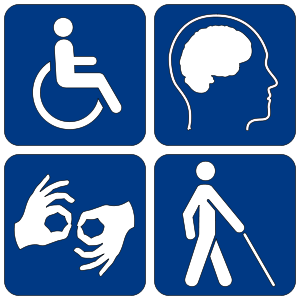Travelling with a physical disability can be difficult, at times. However, there is lots that you can do to make sure that is as easy as possible, so you can get on with enjoying the new sights and sounds that travelling brings. This does involve lots more planning before you arrive, but it means that when you’re there, you get to have the great time that you deserve.
Health and Insurance
You shouldn’t leave the country without travel insurance, but as a disabled person this can often be difficult. Some insurers, like Able2Travel, offer cover specifically aimed at those who have pre-existing conditions, making it a much easier process than paying over the odds for regular insurance.
If you’re travelling within the EU, then you should make sure that your EHIC card is up to date. The European Health Insurance Card (EHIC) means that you can get healthcare at a reduced rate, or even for free.
Your Destination
While it might be nice to think that you’ll be able to get along okay anywhere, it isn’t necessarily practical. Knowing exactly how much support you or someone else you’re travelling with needs will help you have a great holiday. Finding out general information before you head to a foreign country is essential, and you can get updated information from the foreign office.
Ask your friends, too, if they’ve been to the country you’re hoping to head to, and whether you think the culture will be accommodating to your needs. For example, Dubai wasn’t particularly accessible or friendly for a friend of mine recently – he has cerebral palsy and found it difficult to find help when he needed it.
You may be able to get specific information from your travel agent about travelling in that country as a person with a disability.
Flying
In Europe, you will find that airlines are able to give high levels of assistance to disabled passengers. Phone 48 hours ahead of your arrival, and try to be specific about what your requirements are. Wheelchair users are usually able to take up to two mobility assistance items on to planes stored in the hold free of charge – but make sure that you check this first. Airport staff should also be trained to be able to assist disabled passengers, from check in to boarding the plane.
Airlines outside of Europe will differ from this, but they should be able to give you some form of assistance.

Leave a Reply